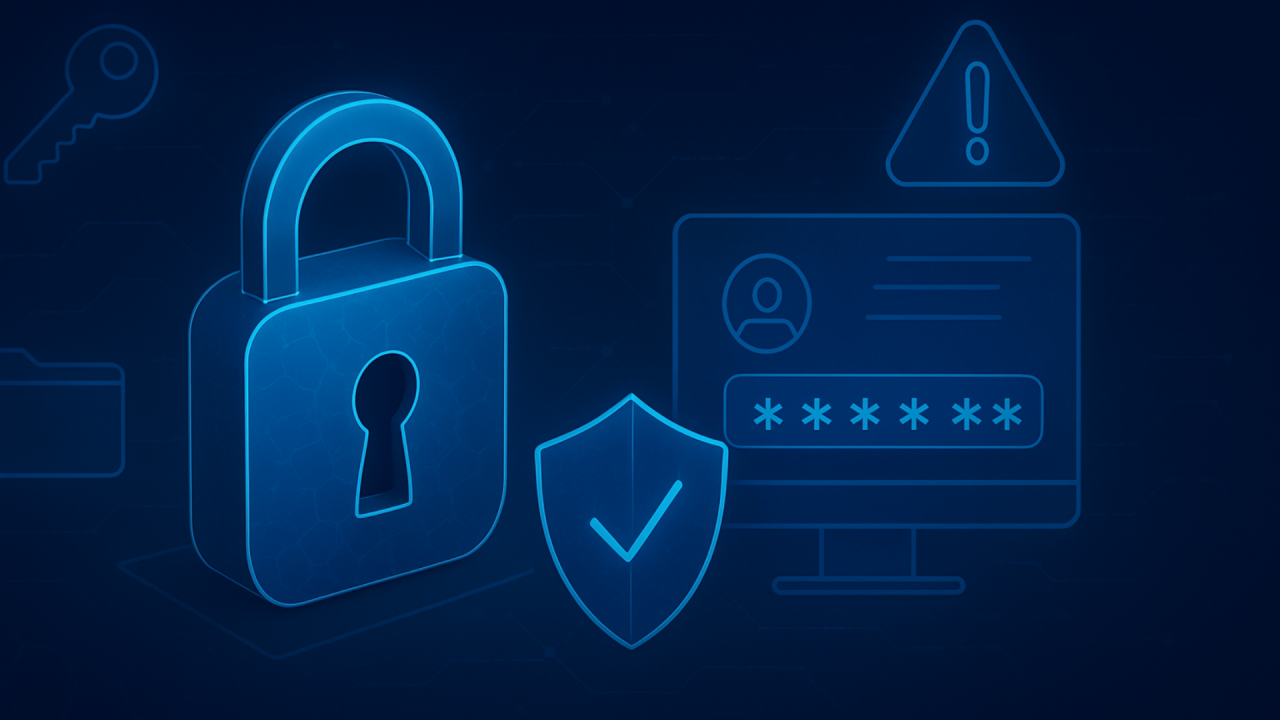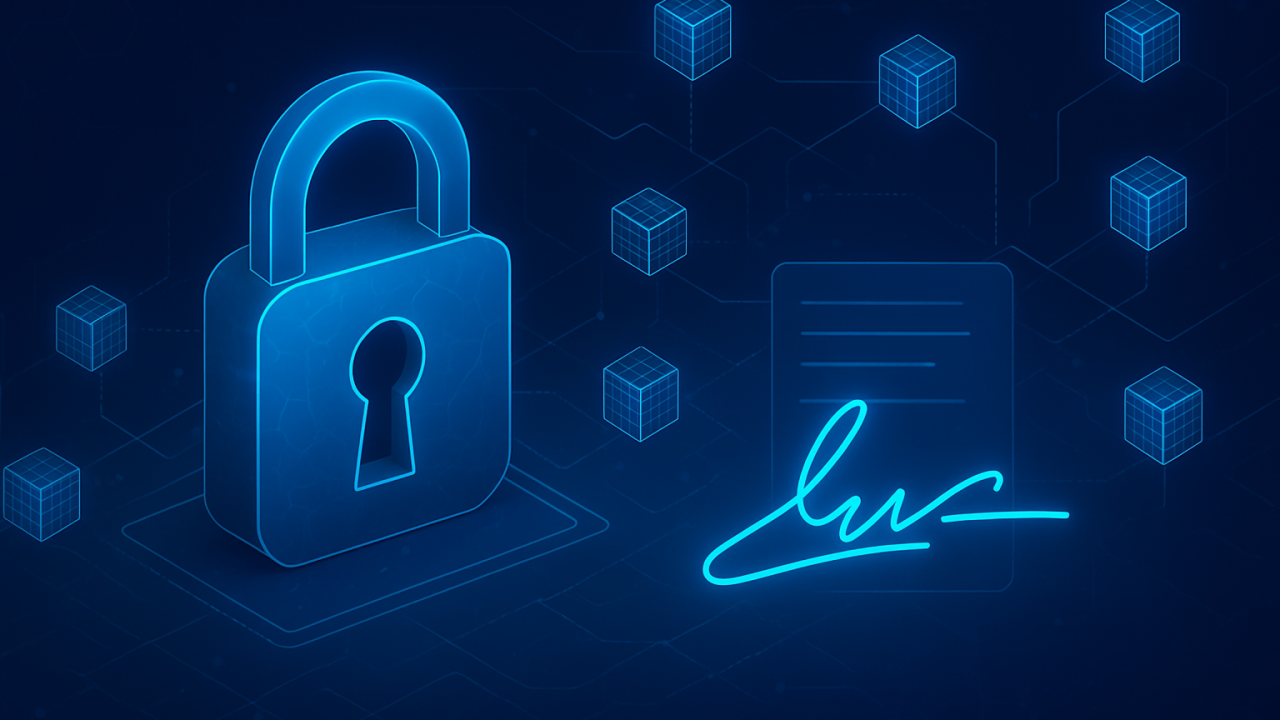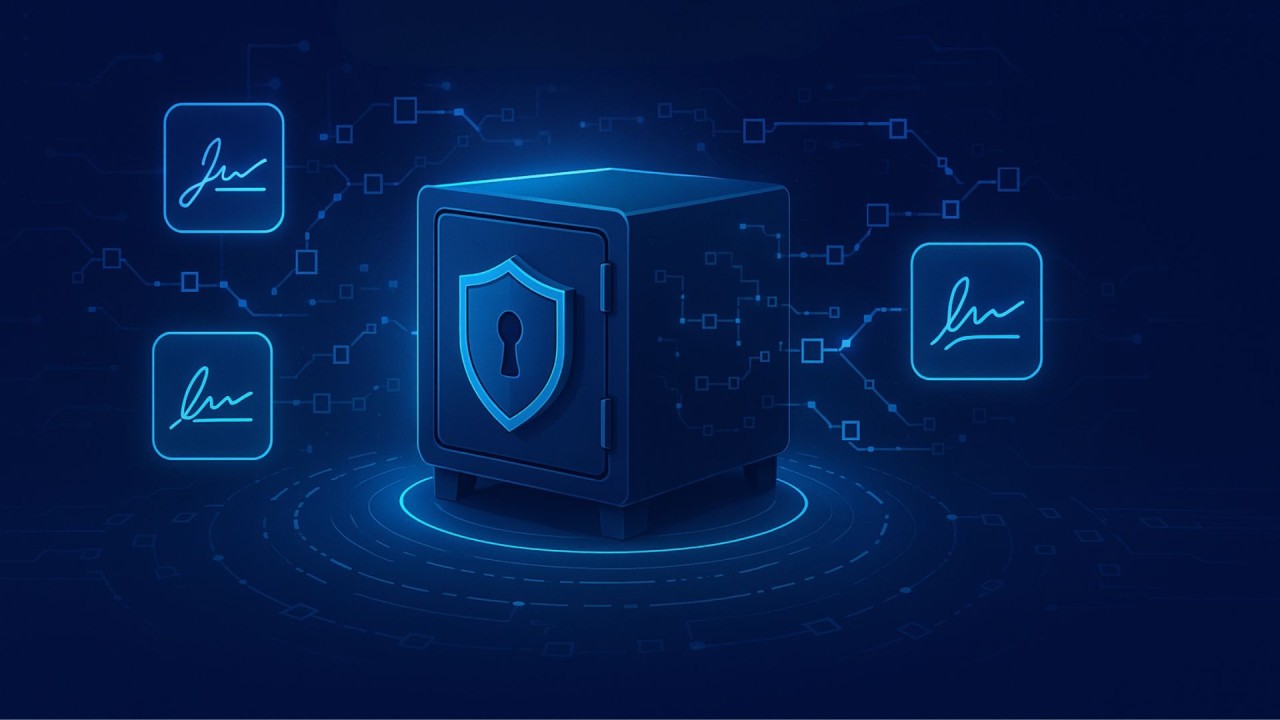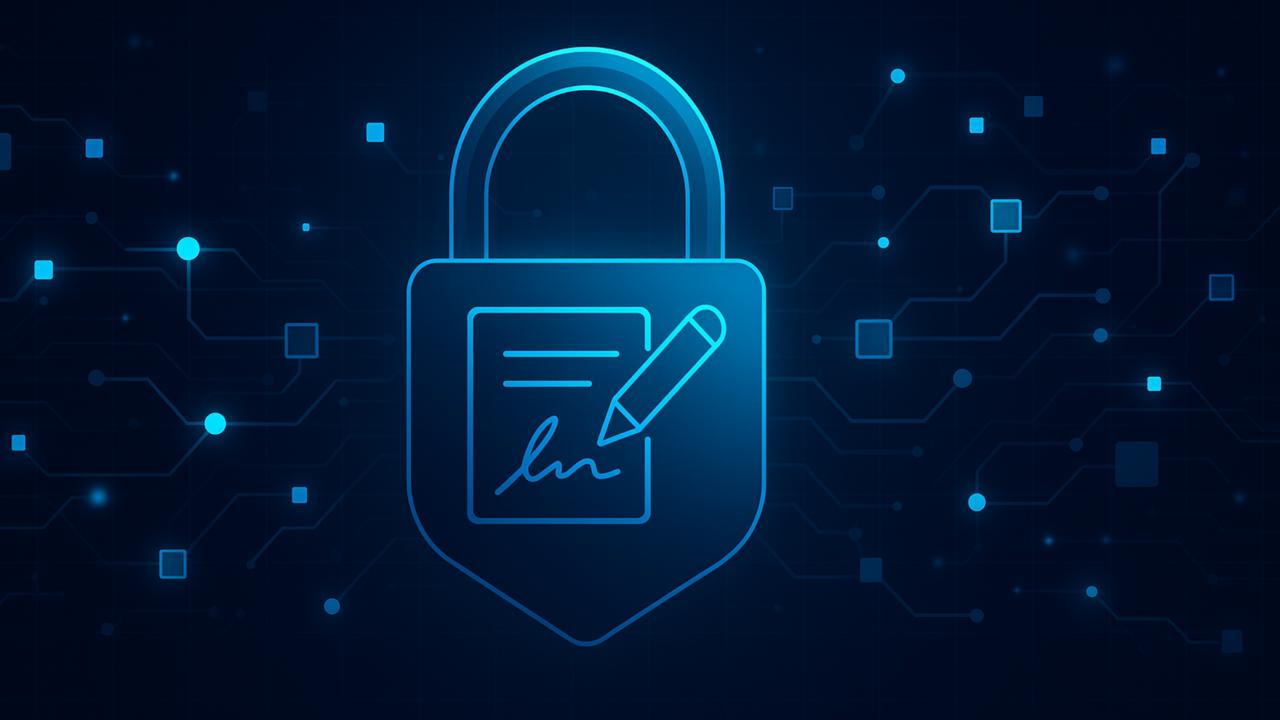You're out there hustling, building your dream, and serving your customers. The last thing you need right now is a digital disaster throwing a spanner in the works! Cybersecurity might sound like techy jargon but think of it as locking your doors and windows in the online world. Good cyber housekeeping isn't just for the big players, it's crucial for keeping your business safe, your customer data secure, and your reputation sparkling.
So, let's run through some essential cyber housekeeping tips that won't break the bank and can make a world of difference.
Passwords: The Front Door to Your Digital Life
Think of your passwords as the locks on your business premises. Weak or reused passwords are like leaving the door wide open!
- Make them strong: Aim for passwords that are a mix of uppercase and lowercase letters, numbers, and symbols. The longer, the better! Think of a memorable phrase and jumble it up. For example, "My koala loves eucalyptus leaves in July 2025!" could become "MkLeLiJ2025!".
- Unique is key: Don't use the same password for everything! If one account gets compromised, they all could. Imagine losing the keys to your office, your car, and your home all at once!
- Password managers are your mates: These handy tools securely store your complex passwords, so you only need to remember one strong master password. It's like having a super-secure key ring.
- Change them regularly: Make it a habit to update your passwords regularly, especially for critical accounts like your banking and email.
- Never share them: Certain tools use your account to verify your identity. Any actions completed within them are considered the actions of the registered user. Proving it wasn’t you or who it was can be very difficult.
Multi-Factor Authentication (MFA): Double the Security, Double the Peace of Mind.
Imagine having a second lock on your front door. That's essentially what MFA does for your online accounts. It requires more than just your password to log in, usually a code sent to your phone/email or generated by an authenticator app.
- Turn it on where you can: Most major online services, like Facebook, Instagram, Google, Microsoft, and your bank, offer MFA. Enable it wherever possible. It's a simple step that significantly boosts your security.
- It's not a hassle, it's a shield: While it might take an extra second to log in, that small inconvenience is a powerful barrier against unauthorised access.
Software Updates: Keeping Your Digital Tools Sharp and Secure.
Software updates are essential maintenance for your computers, software and devices. They often include critical security patches that fix vulnerabilities cybercriminals could exploit.
- Automatic updates are your best friend: Enable automatic updates for your operating systems (Windows, macOS), browsers (Chrome, Firefox, Safari), and other software. This way, you don't have to remember to do it manually.
- Don't ignore those notifications: When you see a prompt to update, don't put it off! It's like ignoring a warning light on your car – it could lead to bigger problems down the track.
- Be Scam Savvy: Spotting the Phish
Cybercriminals often try to trick you into giving away your information through phishing emails, text messages (smishing), or phone calls (vishing).
- Think before you click: Be wary of unsolicited emails or messages asking for personal information, passwords, or bank details. Legitimate businesses rarely ask for this information via email.
- Check the sender: Look closely at the sender's email address or phone number. Scammers often use addresses that look similar to legitimate ones but have slight variations.
- Hover before you click: Before clicking on a link in an email, hover your mouse over it to see the actual web address. If it looks suspicious or doesn't match the sender, don't click!
- If in doubt, reach out: If you're unsure about the legitimacy of a communication, contact the company directly through a trusted channel (their official website or phone number).
Back Up Your Data: Your Safety Net in the Digital World
Imagine losing all your important business files – customer records, financial information, project documents. It would be devastating! Regular backups are your safety net.
- Multiple backups are ideal: Aim for at least two backup methods. This could be an external hard drive, a cloud storage service, or both.
- Automate where possible: Set up automatic backups so you don't have to remember to do it manually.
- Test your backups: Periodically check, and if you can, actually restore your data from your backups. There's no point having a backup if it doesn't work when you need it!
- Utilise technology: Tools and technology like blockchain can assist in retaining a distributed record of your data that can be recalled or prove authenticity and prevent storage on local devices and drives.
- Secure Your Wi-Fi: Protecting Your Digital Airspace
Your Wi-Fi network is like the air around your business. You need to make sure it's secure to prevent unauthorised access.
- Use a strong password: Just like your other passwords, make your Wi-Fi password long, strong, and unique.
- Enable WPA3 encryption: This is the latest and most secure Wi-Fi encryption standard. Check your router settings to see if it's supported and enable it.
- Consider a separate guest network: If you offer Wi-Fi to customers or visitors, set up a separate guest network. This prevents them from accessing your main business network and potentially sensitive data.
Educate Your Team: Everyone Plays a Part
If you have employees, make sure they understand the importance of cybersecurity, the consequence to your business and know how to spot and avoid threats. Regular training can make a big difference.
- Keep it simple and relevant: Focus on practical tips they can easily implement in their daily work.
- Foster a security-conscious culture: Encourage employees to ask questions if they're unsure about something and to report suspicious activity.
Good Cyber Housekeeping: It's an Investment, Not a Cost
Implementing these cyber housekeeping tips might seem like extra work, but it's an investment in the long-term security and success of your small business. By doing this you'll be much better equipped to protect yourself from cyber threats and keep your business thriving.
Learn more about how DataSafe-Sign can help at datasafesign.com





